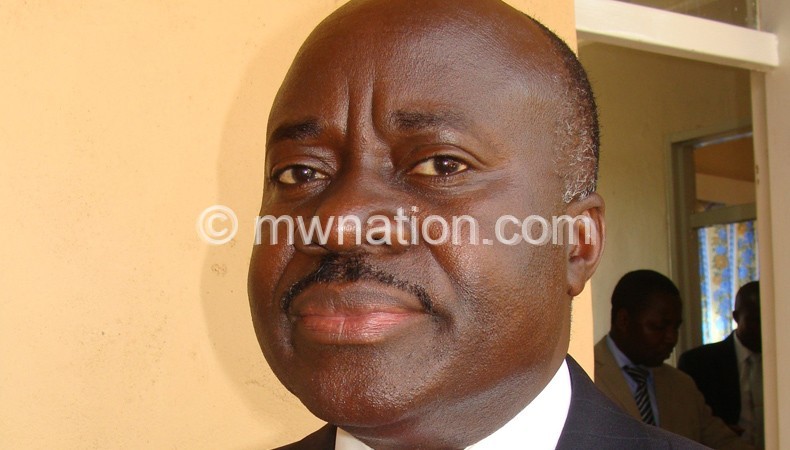MLS for fully equipped Judiciary
Malawi Law Society (MLS) has taken a swipe at the lack of resources for judges in the country’s Judiciary, saying the development negatively affects justice delivery.
MLS has said the country can always use more judges, but it is more important that the available judges are well-equipped to do their job.

This comes against the background of an incident last November when High Court judge Charles Mkandawire surprised a packed courtroom when he asked the clergy to pray for government to find enough resources to buy him a vehicle and hire a driver.
MLS honorary secretary Khumbo Bonzoe Soko, in response to a questionnaire on the relationship between the number of judges and litigants serving justice to the masses as well as to the periods judges take to deliver judgements, said most judges in Malawi do not even have research assistants.
He said on Tuesday that the High Court registry in Lilongwe does not have a library for the judges to use and has two judges without official vehicles.

Soko said: “These are some of the things that, if attended to, can go a long way in achieving a better justice delivery system.”
He also said there is need to be holistic and look at alternative means of resolving disputes in the country, observing that if there were hard-working and credible institutions under customary law to handle chieftaincy wrangles, for instance, most of the matters would not end up in courts.
Earlier this month, the Judiciary released the State of the Judiciary Report covering the operations of the arm of government from 2010 to 2015 (six years).
The report, among other things, highlighted the case load and the disposal rate within that period and according to the contents, for instance, in 2015, the Supreme Court of Appeal delivered 65 cases out of the 99 that were registered and its disposal rate was 62 percent for civil matters and 83 percent for criminal matters whereas in 2014, 71 cases were registered, 54 concluded and the percentage disposal rate was 86 percent in civil matters and 31 percent in criminal matters.
While that is the case at the Malawi Supreme Court of Appeal, the report indicates that the average annual disposal rate of cases in magistrate’s courts is at 55 percent. In the 2013/14 financial year, according to the report, magistrate courts registered 62 985 civil and criminal cases and managed to dispose of 35 370 of them. This left the court with a backlog of 27 615.
Chief Justice Andrew Nyirenda, in an introductory statement to the report, said case backlogs remain one of the main challenges affecting the Judiciary. He said, however, that strides have been made to clear it through implementation of various measures.






Really Malawi Law Society?? You really want more of our tax money to be spent on judges who are by their own measures on a downward trend? The civil disposal rate in civil matters drops form 86% to 62% and you want to pay them more money????? You must be out of your mind ladies and gentlemen. First you work and proof your abilities and then you get the reward. Not the other way round please!!! We cannot afford this shameless waste of recourses anymore. Please take a leave from the pastoral letter regarding delivery by civil servants.